Julie Cooper | June 21, 2021
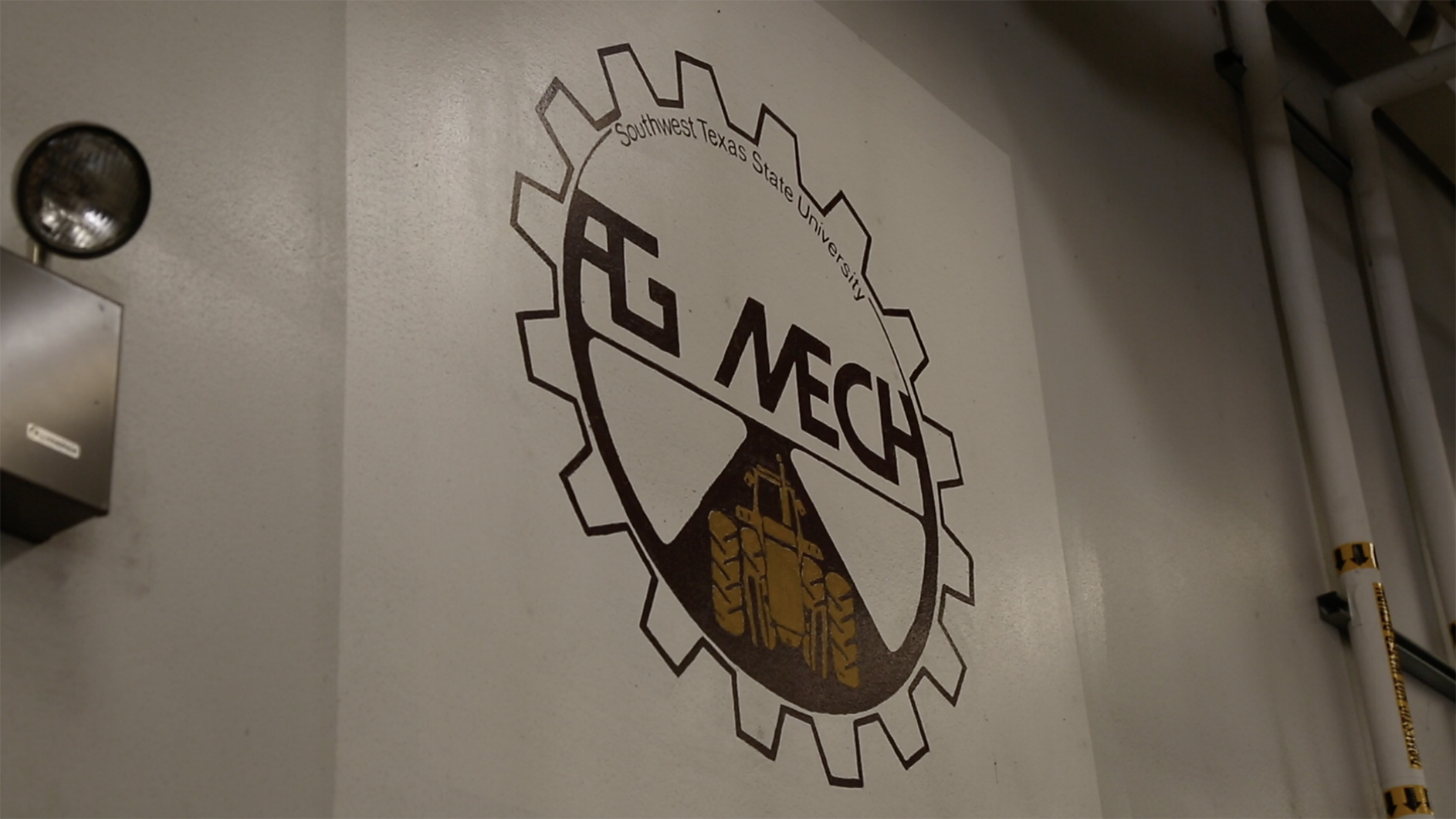
Agricultural courses have been offered at Texas State University since 1908, so it should come as no surprise that there has been a bushel of changes over the years within the Department of Agricultural Sciences.
In 1948, the first Texas State students graduated with bachelor’s degrees in vocational agriculture. By 1994 the university followed a growing national trend and changed the bachelor’s degree from Agricultural Mechanics to Agricultural Systems Management. In 2020, the degree returned to its roots and was renamed Agricultural Mechanics and moved within General Agriculture. Among the changes were the addition of virtual reality (VR) instruction, recruitment of females increased, the college received USDA grants for professional training of teachers, and the addition of a minor in Agricultural Mechanics.
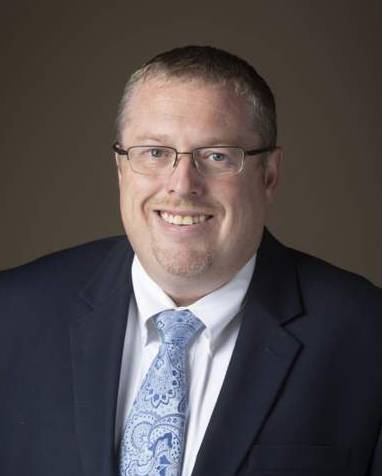
Dr. Ryan Anderson, assistant professor of Agricultural Education and Mechanics said the enrollment of Agricultural Mechanics majors has tripled while the minor degree attracts students from engineering, psychology, and accounting. This decade’s first graduate with a B.S. in Agricultural Mechanics walked the commencement stage in May 2021.
Anderson said universities in the 1990s were unified in adding words such as ‘technology,’ ‘engineering,’ and ‘systems’ to their bachelor’s degrees. “The idea was twofold – one, the concept of Ag mechanics was viewed on a lot of campuses as not important; and two, it was a skill that would be replaced by computers.” He believes most students did not understand what an Agricultural Systems degree could do for them and industry agreed.
“We are preparing students who understand the entire mechanical system. They are middlemen between the engineers and the skilled labor. A lot of our students are ‘project managers’ and as such, they need to know how it works,” Anderson said.
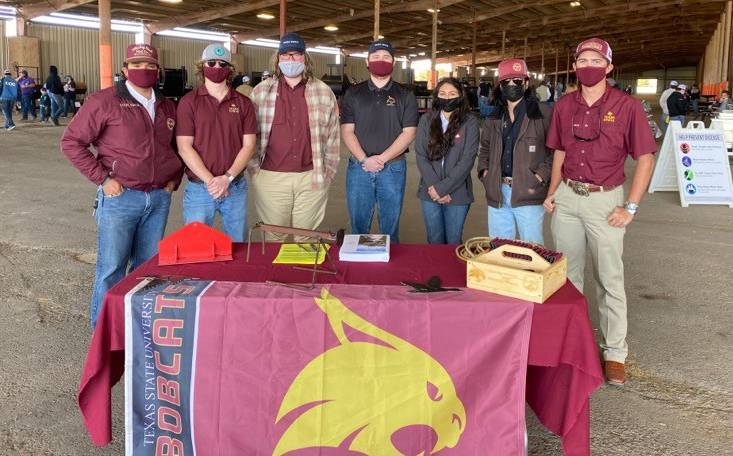
Industry Needs
When he joined Texas State in 2019, Anderson said seven students were majoring in Agricultural Systems – but 30 students were taking Agricultural Mechanics classes.
“When industry came to us they said, ‘we are looking for someone who can do X, Y and Z.’ They wanted someone who could do welding or some electrical work. They weren’t specifically identifying our degree area. I started looking at those issues and also at what students wanted when they were leaving high school that aligned to these classes and degree areas.“I found that we had three separate circles and those circles didn’t connect. We had high school students who wanted a bachelor’s in Ag Mechanics, we had students taking our Ag Mech classes but didn’t enroll in the degree because they didn’t understand the degree area, and then you had a third circle where the ag industry wanted students with Ag Mech skills, but were not recognizing that the Ag Systems degree really was fitting what they needed.”
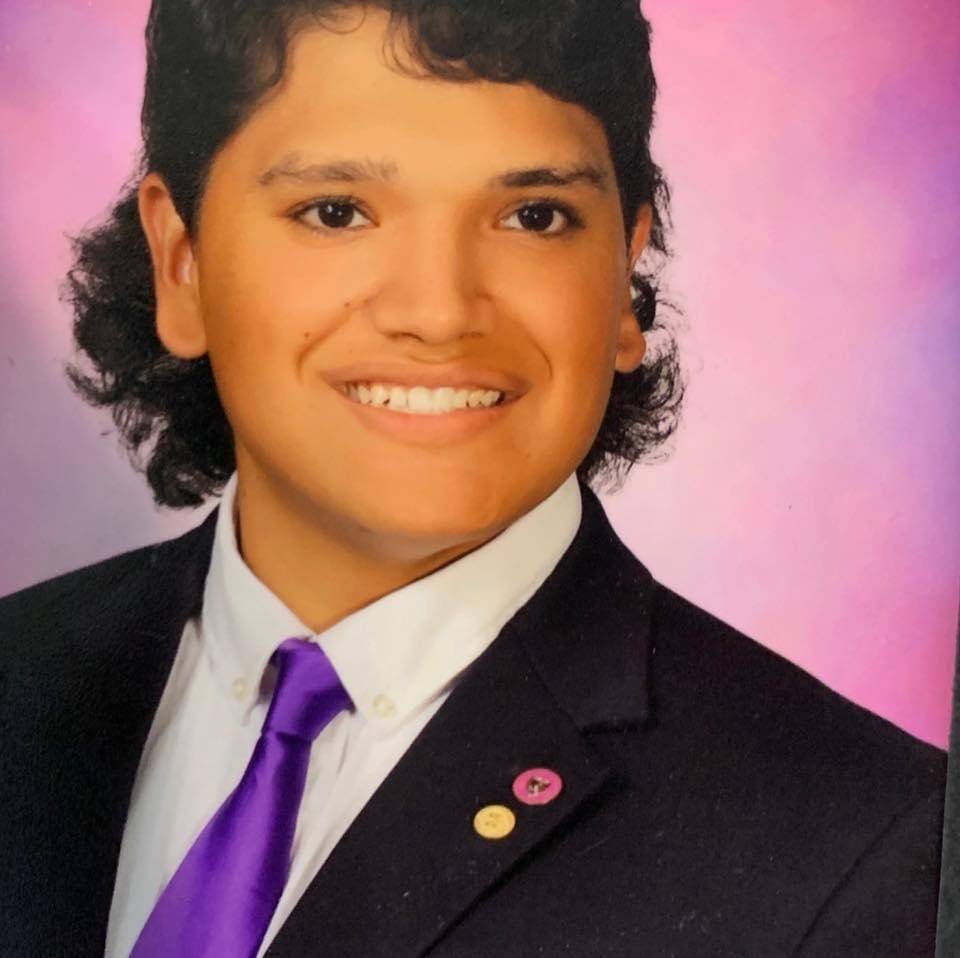
Esteban Garza is a senior who will graduate with a bachelor’s degree in Agriculture Mechanics in 2022. He changed to this major because “Industry wise it is sought after. There is a lot of opportunity for jobs.” Garza said that while he likes working with his hands, he hopes to go into a management position.
Garza is the incoming president for the Texas State Ag Mechanics club, which he said has seen its membership grow from seven to 40 members. He works part-time as a ranch hand in Guadalupe County. And while nothing in his family’s history prepared him for a career in agriculture, as a high school student in New Braunfels he was active in the Future Farmers of America.
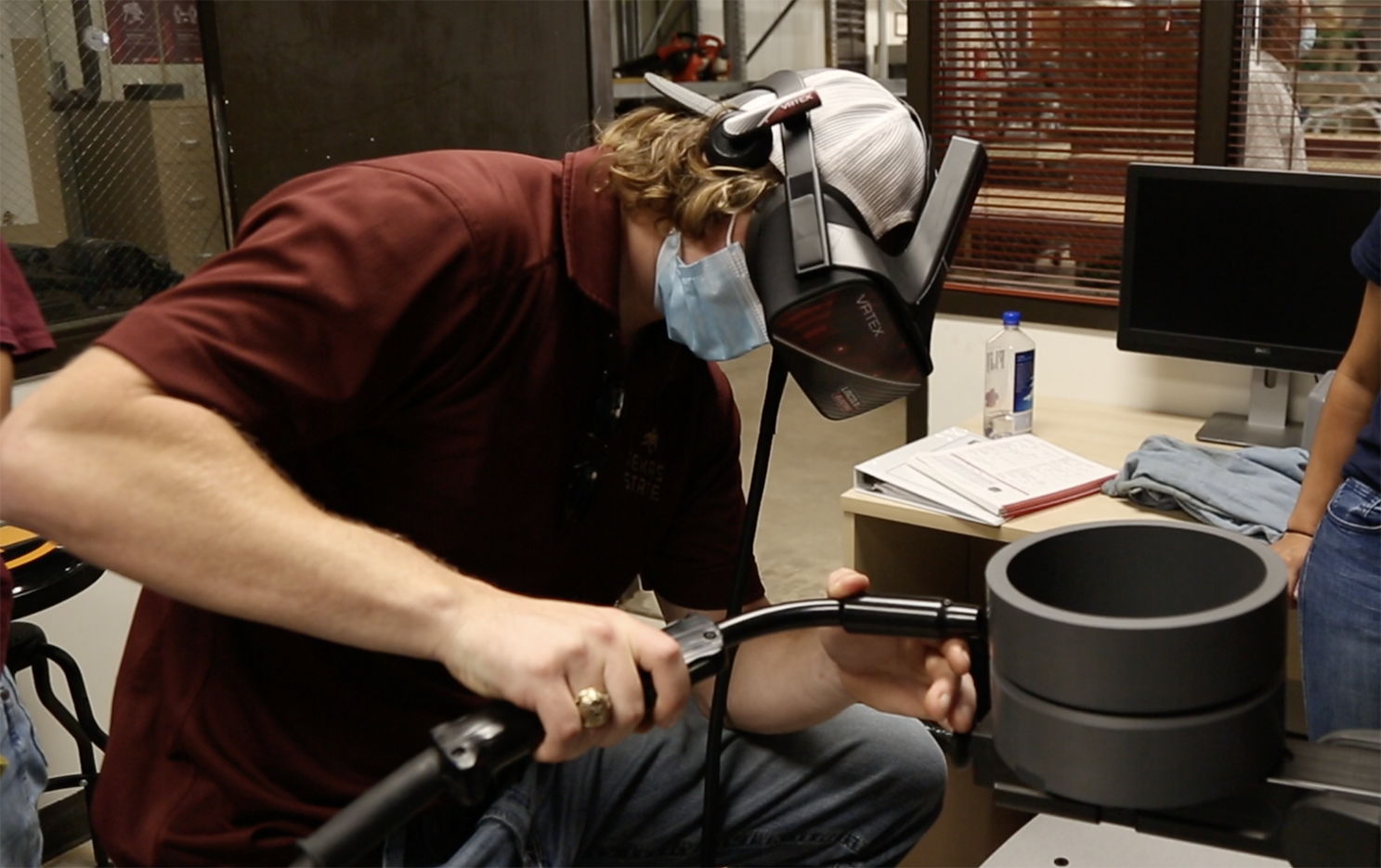
Virtual reality
Agricultural Sciences has a new virtual reality welding lab for students to refine their skills by learning four different welding processes in a virtual environment. The department also has a virtual assisted system that includes audio coaching when the students are doing actual welding. Anderson is quick to add that the students do better with the machine than with him standing over them “yelling at them.” In a recent research trial using various methods, Dr. Anderson’s research team found that 68% of students in the introduction to Ag Mech class passed the visual inspection of their welds using a combination of virtual reality, virtual assisted, and live weld training compared to the usual 30% passing rate associated with live weld training only.
Welding is making a comeback. Texas State recently got a $100,000 grant from the Department of Agriculture (USDA) for a two-year Women of Welding summer camp for high schoolers. The camps will be held in 2022 and 2023 and students will have an opportunity to earn welding certifications and be eligible for scholarships. High School Agriculture teachers will nominate students who will be provided all expenses such as lodging, meals, transportation to and from campus, and equipment in addition to the training.
This summer, the Department of Agriculture Sciences will host a 10-day Agricultural Mechanics Academy for beginning high school Agriculture teachers. The USDA has provided a four-year, $300,000 grant for the professional development program. Twenty teachers representing 13 states will be part of the first class in July. Anderson said his toughest job was narrowing down the field to beginning Agriculture teachers — these winning applicants have “little or no Ag Mechanics training and are expected to teach multiple courses.”
The department has long fostered relationships with the San Antonio Rodeo and Rodeo Austin, in addition to industry partners. Anderson’s confidence is high for the newest group of Agricultural Mechanics majors at Texas State. “If you give us five years we will be close to 80 to 100 majors,” he said.
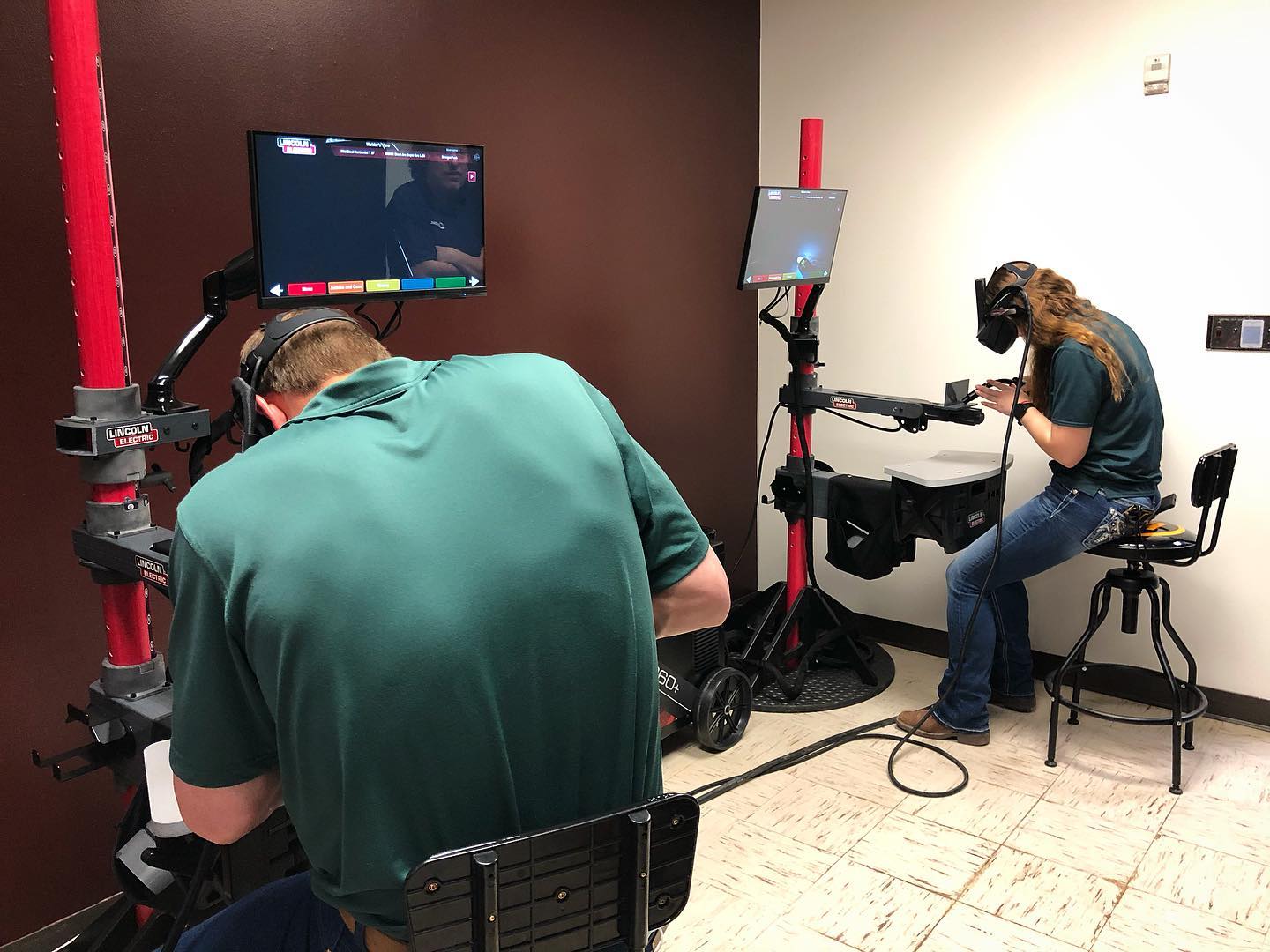
Share this article
For more information, contact University Communications:Jayme Blaschke, 512-245-2555 Sandy Pantlik, 512-245-2922 |
